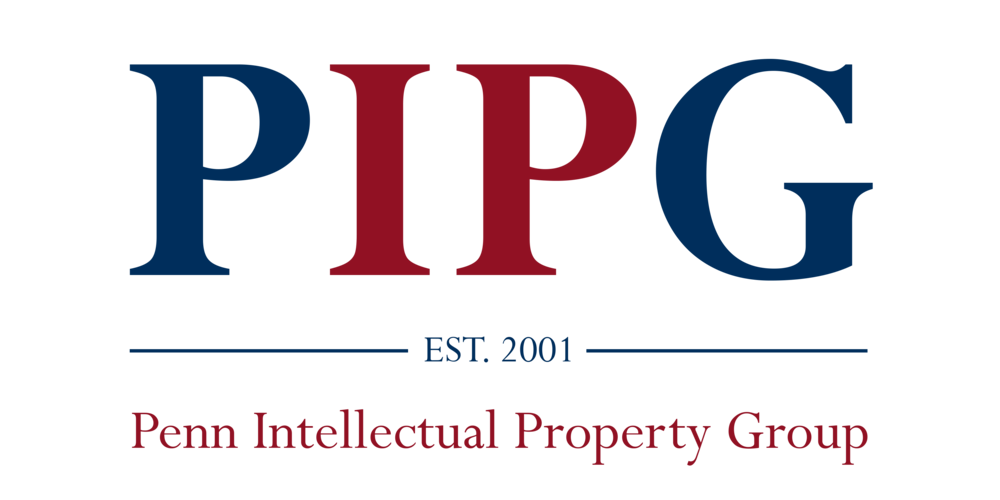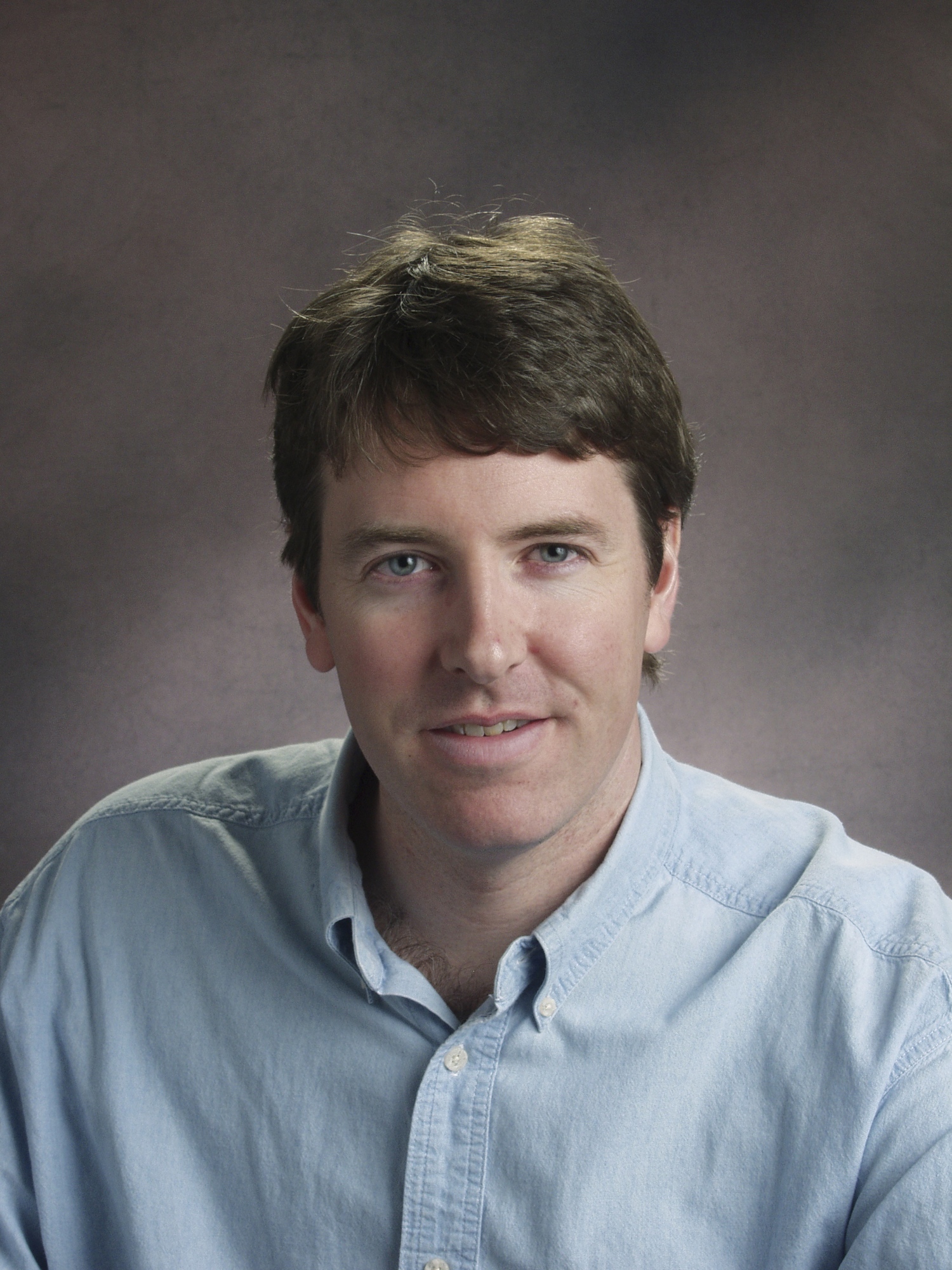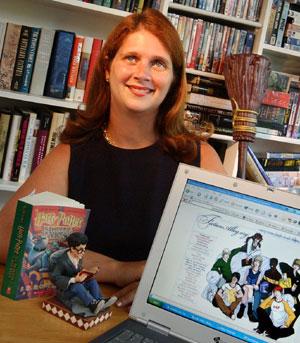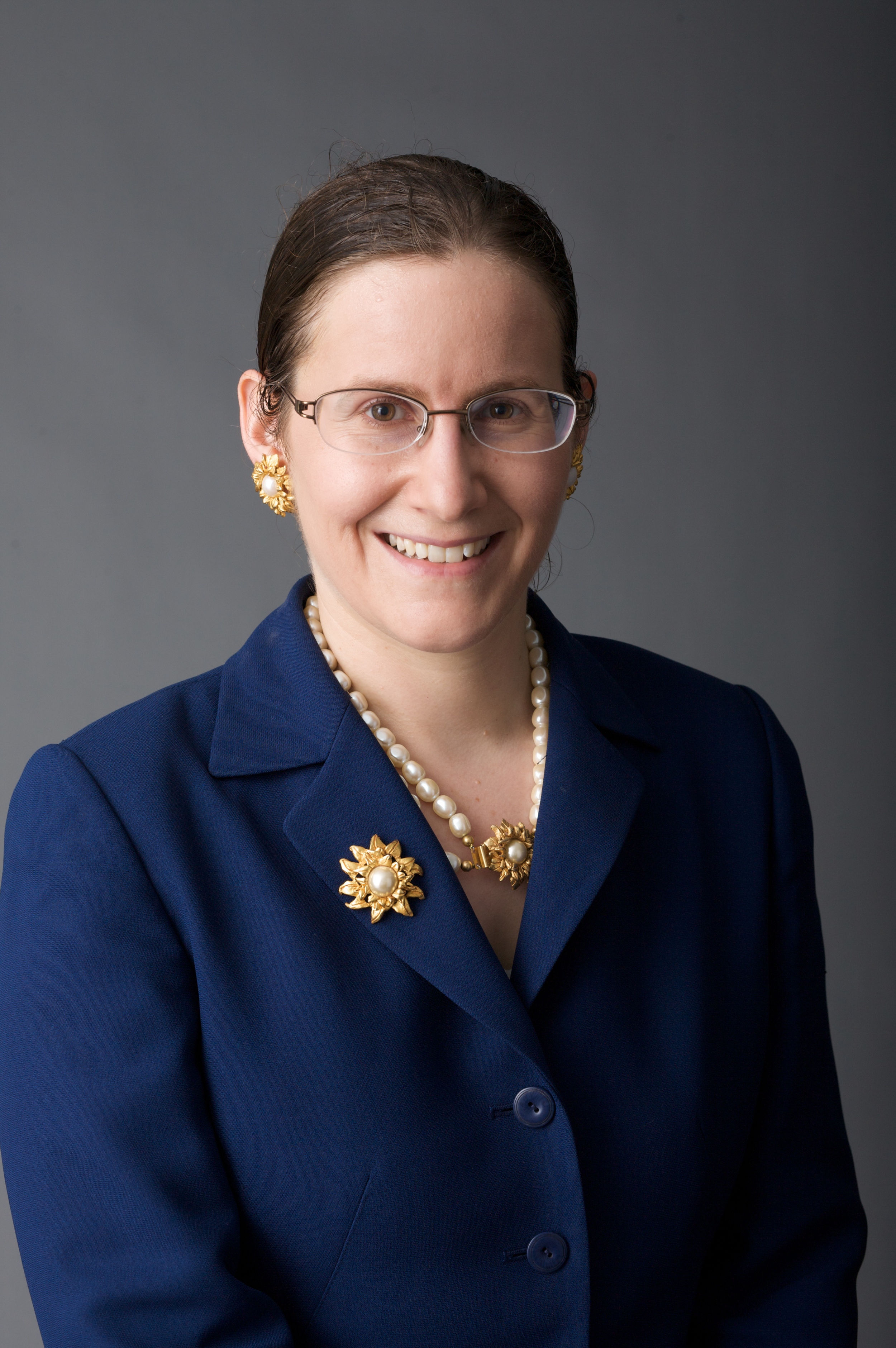IP Rights at Issue in the Largest Free-Trade Pact in History: Debating a Global Strengthening of Intellectual Property Rights in the TPP
By Sherry Shen, L '16 What do Salt Lake City and Singapore have in common? Normally not very much, but officials from the United States, Australia, Brunei, Canada, Chile, Japan, Malaysia, Mexico, New Zealand, Peru, Singapore, and Vietnam have been burning the midnight oil in these two cities in order to conclude one of the most pivotal and sweeping free-trade pacts in history. The countries involved have a combined GDP of $28 trillion dollars or roughly 40% of the world’s GDP, and the agreement, known as the Trans-Pacific Partnership (TPP), seeks to enhance trade and investment among all the TPP partner countries. In the course of negotiations, some items that have drawn the most controversy, and still remain to be resolved, concern intellectual property.
Read MoreSave the Date for the 2014 PIPG Symposium!
Mark your calendars for this year's Penn Intellectual Property Group's Annual Symposium. This year's conference will take place on March 20th and will focus on a host of issues related to the rapidly changing world of patent law. For more information on the conference, to register, or to participate as a sponsor, please reach out to Jordan Romanoff (romanoff

Deterring Patent Trolls (Part 2): Proposed Legislation Raises the Bar on Infringement Litigation
by Casey Kraning-Rush, Ph.D., L'16 In 2011, a Boston University study found that business entities in the United States incurred $29 billion in direct costs due to acts by patent assertion entities (PAEs), sometimes referred to in the media as patent trolls. PAEs are companies which enforce patent rights by alleging infringement with the aim of collecting licensing fees or settlement costs, without actually manufacturing the products covered by their patents. This past June, President Barack Obama publically urged Congress and the United States Patent and Trademark Office (USPTO) to take steps towards reducing abusive lawsuits by enacting legislation and examination rules aimed at increasing specificity in both claim language and infringement allegations.
Read MoreBeware of “Trademark” Hijackers: International Firms Welcome Changes to Chinese Law
By Sherry Shen, Penn Law '16 The idea that China has not had the strongest track record in intellectual property law may be an understatement. In July of this past year, Apple paid a hefty settlement fee of $60 million dollars to Proview Technology so that it could use its own trademark for its latest version of the iPad in China – an example of a prevalent phenomenon in China known as trademark hijacking. Fortunately, in late August of this year, China made significant revisions in its trademark laws, which will be implemented on May 1, 2014. While many of the effects remain to be seen, experts are in agreement that these amendments are a significant step in the right direction.
Read More2013 Symposium - Creation Nation: IP & The Rise of Prosumerism
6th Annual PIPG Symposium
Creation Nation: IP & The Rise of Prosumerism
Welcome
On behalf of the Penn Intellectual Property Group (PIPG) at the University of Pennsylvania Law School, we are pleased to invite you to PIPG's 6th Annual PIPG Symposium, Creation Nation: IP & The Rise of Prosumerism, in Philadelphia on March 29, 2013. This year's PIPG Symposium will explore the IP implications of the shifting divide between content creators and providers through the lenses of game development, fan fiction writing, and 3D printing and home fabrication.
This program has been approved for 4.0 hours of substantive law credits for Pennsylvania lawyers. CLE credit may be available in other jurisdictions as well. Attendees seeking CLE credits should bring payment of $40 cash or check payable to "The Trustees of the University of Pennsylvania."
We look forward to seeing you at the event!
Best,
Lauren Saltiel Chris Kim Symposium Co-Chairs Penn Intellectual Property Group lawgroup-pipg@law.upenn.edu
Registration
http://2013pipgsymposium.eventbrite.com/
Sponsors
Gold


Silver



Bronze

Sponsorship contact: lawgroup-pipg@law.upenn.edu
Or:
Lauren Saltiel PIPG Symposium Co-Chair lsaltiel@law.upenn.edu 727-430-0313
Chris Kim PIPG Symposium Co-Chair cwkim@law.upenn.edu 909-802-6493
Event Schedule
Friday March 29, 2013
1:30-2:00 Registration
2:00-2:05 Welcoming Remarks
2:10-3:10 Series 1: Game Development & Modification Greg Lastowka, Professor, Rutgers School of Law Mark Methenitis, Corporate Counsel, MetroPCS Jon Festinger, Professor, Center for Digital Media, University of British Columbia
3:15-4:15 Series 2: Fan Fiction Rebecca Tushnet, Professor, Georgetown University Law Center Heidi Tandy, Legal Committee, Organization for Transformative Works Dale Nelson, Vice President & Senior IP Counsel, Warner Bros. Entertainment, Inc.
4:15-4:30 Break
4:35-5:35 Series 3: 3D Printing William Cass, Partner, Cantor Colburn LLP Michael Weinberg, Vice President, Public Knowledge Tom Kurke, President & COO, Geomagic, Inc.
5:40-6:40 Keynote Address Cindy Cohn, Legal Director & General Counsel, Electronic Frontier Foundation
6:45-7:45 Reception in the Great Hall
Speakers
SERIES 1: GAMING
Jon Festinger Q.C. is a Vancouver, British Columbia based counsel and educator. A Faculty member at the Centre for Digital Media, he teaches Video Game Law in the Faculty of Law at the University of British Columbia where he has taught for two decades. He is also the author of the first edition of Video Game Law published by LexisNexis in 2005, and co-author of the 2nd Edition published in 2012. As a graduate of McGill University's Faculty of Law, Mr. Festinger began his legal career in private practice, in turn becoming General Counsel of WIC Western International Communication, Senior Vice President of the CTV Television Network and Executive Vice President, Business & General Counsel of the Vancouver Canucks. He practices law through Festinger Law & Strategy LLP, and currently serves as Vice Chair of Ronald McDonald House British Columbia, City Opera Vancouver, and the Simon Fraser University Foundation.
Mark Methenitis is a transactional attorney with MetroPCS Wireless. Prior to joining MetroPCS in 2011, Mr. Methenitis focused on the technology sector as an outside counsel, where he assisted with cutting-edge legal issues in emerging technology and emerging business models in the software and video games industries. Mr. Methenitis is a well-known speaker and writer, and his Law of the Game blog was named one of the American Bar Association's Top 100 Legal Blogs. He has been published in Cybaris: An Intellectual Property Law Review and the Journal of Visual Culture and the Gaming Law Review. Mr. Methenitis is also the Co-Chair of the Board of Directors of the Dallas chapter of the International Game Developers Association and the Chair of the American Bar Association Science and Technology Section Virtual Worlds and Multi-User Online Games Committee.
Greg Lastowka is a Professor of Law at Rutgers School of Law-Camden and Co-Director of the Rutgers Institute for Information Policy & Law. His research focuses primarily on the intersection of intellectual property and new technologies. His published works include Virtual Justice (Yale University Press 2010), which explores the legal issues raised by virtual worlds, video games, and other forms of social software. Prior to joining the Rutgers faculty in 2004, Mr. Lastowka clerked for Judge Walter K. Stapleton on the Third Circuit and practiced intellectual property and technology litigation at Dechert LLP in Philadelphia. While at Dechert, he was pro bono co-counsel for Ken Hamidi in the landmark case of Intel Corp. v. Hamidi. Mr. Lastowka occasionally blogs on Terra Nova, an interdisciplinary blog about video games and virtual worlds that he co-founded, and Madisonian.net, a legal blog that discusses developments in intellectual property and technology law.
SERIES 2: FAN FICTION
Heidi Tandy is an intellectual property attorney from Miami, Florida; a longtime participant in online fandom websites including The Leaky Cauldron, FictionAlley, Mugglenet, Aced Magazine, and TheKnot; and a member of the legal committee of the Organization for Transformative Works. Her day-to-day practice and pro bono work has, since 1995, focuses on e-commerce, internet and intellectual property law. Over the course of her career, she has represented clients as varied as Conde Nast and Omnific, drafted the original Terms of Use for NYTimes.com and currently represents a number of corporations, authors, websites and literacy, writing and education-focused nonprofits in contractual and intellectual property matters. She has also built fansites, organized fan-supported charitable fundraisers, and advocated that fans' creative endeavors have the potential to be transformative and therefore protectable under U.S, copyright and trademark law. She has written fan fiction, created over 50 fanvids, and crafted mediocre fanart because she cannot draw (even if she is reading a How to Draw book).
Rebecca Tushnet is a professor at the Georgetown University Law Center. After clerking for Chief Judge Edward R. Becker of the Third Circuit and Associate Justice David H. Souter on the Supreme Court, she practiced intellectual property law at Debevoise & Plimpton before beginning teaching. Her publications include Worth a Thousand Words: The Images of Copyright Law (Harvard L. Rev. 2011), Gone in 60 Milliseconds: Trademark Law and Cognitive Science (Texas L. Rev. 2008), and Copy This Essay: How Fair Use Doctrine Harms Free Speech and How Copying Serves It (Yale L.J. 2004). Her work currently focuses on the relationship between the First Amendment and false advertising law. She helped found the Organization for Transformative Works, a nonprofit dedicated to supporting and promoting fanworks, and she currently volunteers on its legal committee. She is also an expert on the law of engagement rings.
Dale Nelson is Vice President and Senior Intellectual Property Counsel for Warner Bros. Ms. Nelson has worked in the studio's IP group for over twenty years, handling matters involving copyright, trademark, and right of publicity. She handles IP issues related to theatrical and television production, consumer products, games, music, anti-piracy, film content distribution, in both traditional media and in emerging technologies. Some of the studio properties that she works with regularly include Harry Potter, Looney Tunes, Lord of the Rings, and DC Comics properties such as Superman and Batman. Prior to joining Warner Bros., Ms. Nelson practiced IP litigation with Lyon & Lyon in Los Angeles. She received her undergraduate degree from the University of Wisconsin - Madison and her law degree from the University of San Francisco School of Law. She is currently a member of the Board of Directors of the Los Angeles Copyright Society.
SERIES 3: 3D PRINTING
Michael Weinberg is a Vice President at Public Knowledge, a digital advocacy group in Washington, DC. He is the author of It Will Be Awesome If They Don't Screw It Up: 3D Printing, Intellectual Property, and the Fight Over the Next Great Disruptive Technology and What's the Deal with Copyright and 3D Printing?, whitepapers that examine the intersection of 3D printing and intellectual property law. Although he is involved in a wide range of issues at Public Knowledge, he focuses primarily on copyright, issues before the FCC, and emerging technologies such as 3D printing and open source hardware.
William Cass is a partner at the intellectual property law firm Cantor Colburn and has been the Co-Chair of the firm's litigation department for the past ten years. He represents clients in both state and federal courts throughout the country on matters involving patents, copyright, trademarks, and trade secrets and products liability. Mr. Cass holds a B.S. in mechanical engineering from Worcester Polytechnic Institute and a J.D. from Western New England School of Law.
Tom Kurke is the President and Chief Operating Office of Geomagic, Inc., the leading developer of 3D software for creating digital models of physical objects, and has more than twenty years of experience in technology sales, marketing, product management, corporate development, engineering and law. Prior to joining Geomagic, he was Vice President of Subscriptions at Bentley Systems, Inc., a leading provider of infrastructure solutions that enable engineers, architects, governments, and utilities to design, build, and operate their constructed assets more efficiently. Mr. Kurke joined Bentley from Dechert LLP, where he was an Attorney in firm’s Corporate and Securities Group focusing on M&A and intellectual property. Tom received his Bachelor of Mechanical Engineering from Villanova University and his J.D., Magna Cum Laude, from Temple University.
KEYNOTE
Cindy Cohn is the Legal Director for the Electronic Frontier Foundation (EFF) as well as its General Counsel. Ms. Cohn first became involved with the EFF in 1995, when the organization asked her to serve as the lead attorney in Bernstein v. Dept. of Justice, the successful First Amendment challenge to the U.S. export restrictions on cryptography. Since then she has worked on matters involving NSA spying, technological export restrictions, Google Book search and privacy issues, electronic voting, online anonymity, and misuse of copyright infringement notice cases, amongst others. Outside the Courts, Ms. Cohn has testified before Congress and has been featured in and interviewed by numerous online and offline media outlets for her work on cyberspace issues. In 2012, the Northern California Chapter of the Society of Professional Journalists awarded her the James Madison Freedom of Information Award. In 2010, the Intellectual Property Section of the State Bar of California awarded her its Intellectual Property Vanguard Award. In 2007 Ms. Cohn was named one of the 50 most influential women lawyers in America; and in 2006, she was named one of the 100 most influential lawyers in America, both by the National Law Journal. In 2001, Ms. Cohn and the EFF were honored by the Editorial Board of Daily Journal. In 1997, Ms. Cohn was named as one of the "Lawyers of the Year" by California Lawyer magazine.
Ms. Cohn is a graduate of the University of Michigan Law School. She did her undergraduate studies at the University of Iowa and the London School of Economics. For 10 years prior to joining the EFF, she was a civil litigator in private practice handling technology-related cases. Before starting private practice, she worked for a year at the United Nations Centre for Human Rights in Geneva, Switzerland. She currently serves on the Board of Directors of the nonprofit the VerifiedVoting.org and the Verified Voting Foundation.
PIPG 2012-2013 Board
Co-Presidents Matt Coriel & Ashley Kwon
Vice President Internal Rebecca Dell
Co-Vice Presidents External Dafan Zhang & Alisa Melekhina
Treasurer Elizabeth Ho
Symposium Co-Chairs Lauren Saltiel & Chris Kim
Managing Blog Editor Chris Martin
International IP Chair Anya Richter
1L Representatives Ed Howell, Evan Levine, Brian Springer
1L Symposium Committee Jenny Liu, Jordan Romanoff, Matt Funk, Courtney Brown
Associate Blog Editors Jonathan Feder, Evan Schladow, Jake Hartman
About PIPG
The Penn Intellectual Property Group (PIPG) was formed in the Fall of 2001 with the goal of fostering IP at Penn Law, the University at large, and across the Philadelphia legal and IP communities. For ten years now, PIPG has been organizing events that bring legal scholars, practitioners, and policy-makers to Penn for discussions like today's fifth annual symposium. PIPG also maintains a legal blog that covers developments in IP law (http://pipgblog.blogspot.com or http://pennip.org). To contact PIPG, please email lawgroup-pipg@law.upenn.edu
Supreme Court Expands The "First Sale Doctrine" in Kirtsaeng v. John Wiley & Sons
On Tuesday, the Supreme Court ruled in Kirtsaeng v. John Wiley & Sons, No. 11–697, 2013 WL 1104736 (U.S. Mar. 19, 2013), to limit copyright protection by extending the “First Sale Doctrine” to include copyrighted works lawfully manufactured outside the United States. The doctrine permits owners of individual copies of a copyrighted work to sell that copy without the consent of the copyright holder. By extending the doctrine to include copies manufactured outside the United States, the Court has permitted importation of these copies, which often sell for significantly less in foreign countries than in the United States. Kirtsaeng involves copies of textbooks published and sold in Asia by publisher John Wiley & Sons, then resold in the United States by Supap Kirtsaeng, a Thai national studying mathematics in the United States. Wiley sued for infringement, and won in both the Southern District of New York and in the Second Circuit Court of Appeals, both of which found Kirtsaeng’s assertion of the First Sale Doctrine to be prohibited because it did not apply to goods manufactured overseas. In addition to reversing the decisions of the courts below, the Supreme Court’s ruling in Kirtsaeng overturns similar decisions in the Ninth Circuit and the Eastern District of Pennsylvania.
This decision further expands upon Quality King Distributors v. L’anza Research Int’l, 118 S.Ct. 1125 (1998), in which the Court held that copies manufactured in the United States, sold legally overseas and then resold in the United States, were subject to the First Sale Doctrine. The Kirtsaeng Court takes this concept one step further, applying the doctrine to copies manufactured overseas. The Court’s rulings in both Quality King and Kirtsaeng would seem to contravene the plain language of 17 U.S.C.A. § 602(a)(1), which expressly prohibits importing copies of copyrighted works acquired overseas without the copyright holder’s permission. However Justice Breyer, writing for the majority in Kirtsaeng, relied on the Quality King decision in finding that § 602(a)(1) incorporated the limitations that apply to the copyright holder’s exclusive distribution right, including the First Sale Doctrine.
Though the facts of Kirtsaeng apply directly to publishing, its effects are sure to be felt throughout the universe of copyright-protected works. For example, geographic price discrimination is common in the DVD market, where studios have relied on §602(a)(1) (as well as the relatively meager technological protection of regional codes) to prevent copies sold at low prices in developing nations from driving down prices in the United States market. The Court’s ruling in Kirtsaeng leaves studios with a potential dilemma: continue to sell DVDs at low prices in developing nations to avoid forsaking important markets, or raise prices to maintain margins in developed nations. Music labels face a similar predicament with CDs sold overseas. Only time will tell how markets for copyrighted consumer goods will ultimately react to Kirtsaeng.











































